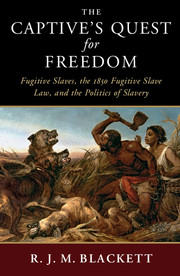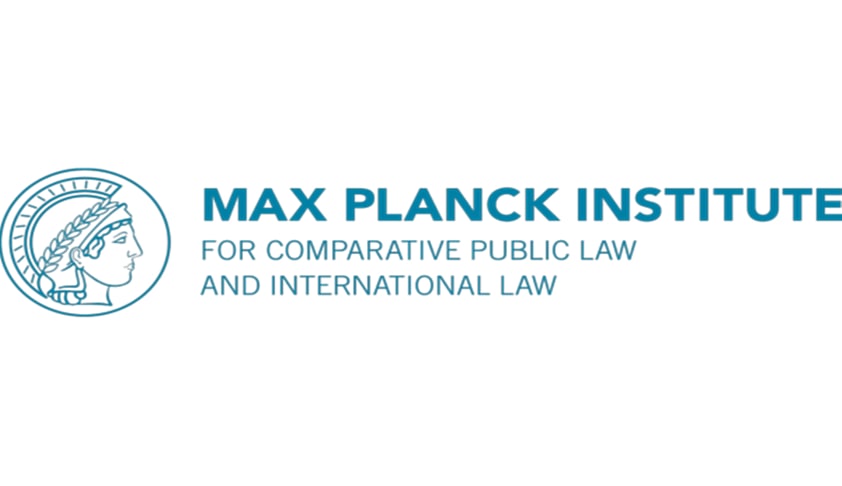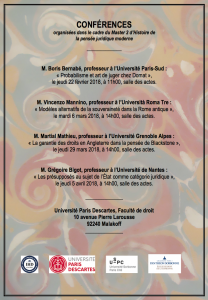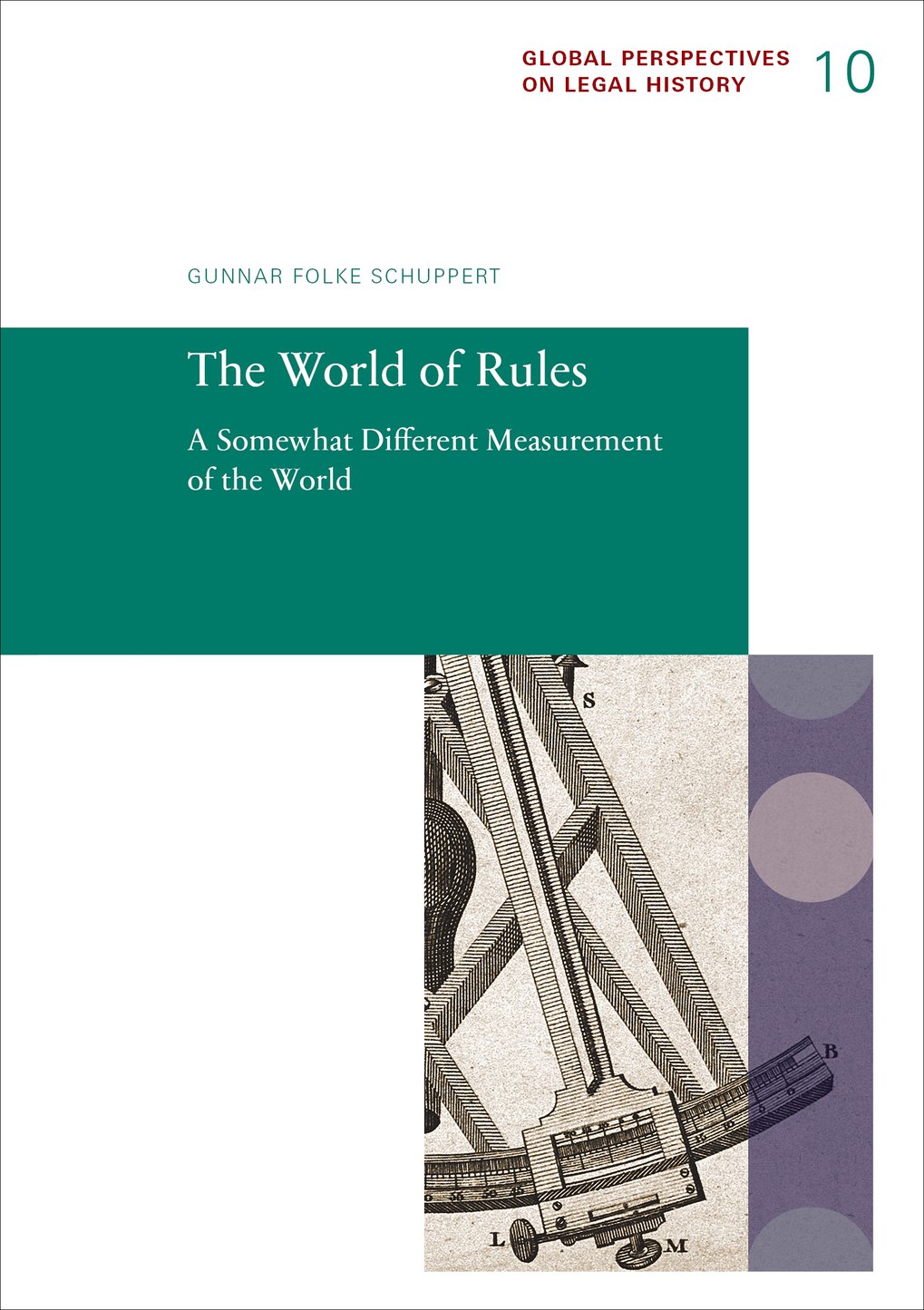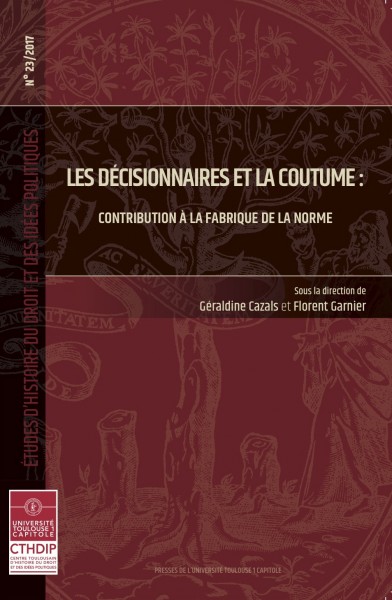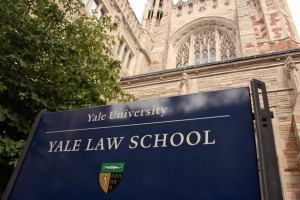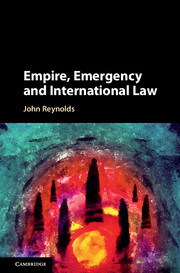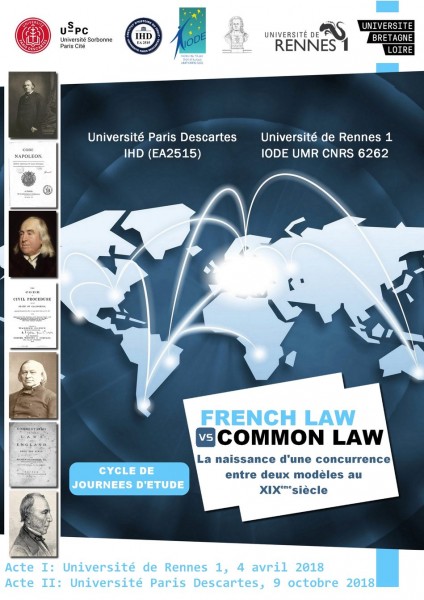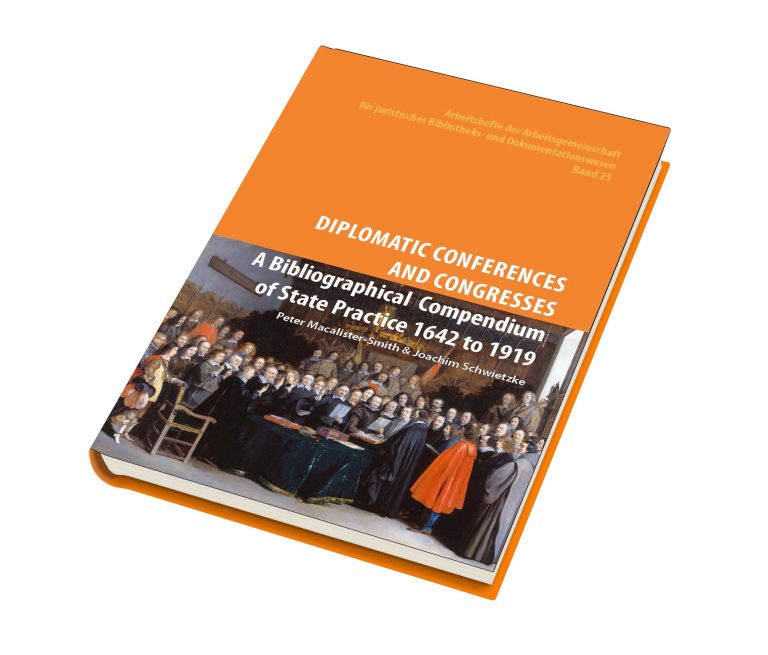We have the following Call for Papers for a
conference on interactions between native and European populations in the
Spanish and Portuguese Empires:
The Iberian colonization processes in Asia,
Africa and the Americas involved several types of encounters between colonizers
and native peoples, as well as rivalries among these and other European
colonial powers. These encounters often took the shape of conflicts and
confrontations, but they also often happened amidst dynamics of negotiation and
accommodation. The Portuguese and the Castilian crowns both tried to regulate
these encounters and relationships. Among the many strategies they used was the
development of legal norms, partially aimed at assuring some kind of rights to
native populations and to the colonial populations that gradually evolved in many
different ways (the rights to live, to physical integrity, to land, gender
rights, trading rights, citizenship rights, etc.). The implementation,
reception, negotiation and everyday use of these norms shaped the way colonial
societies developed and defined their own identities. But they also had an
impact on the type and extension of sovereignty that each of the Iberian
empires was able to built-up in their colonial territories.
Although these topics have already
attracted considerable attention from historical scholarship, both Iberian
empires are seldom jointly considered and compared. Hence, this conference
privileges an approach that takes into account the comparisons, in time and in
space, and interactions between the Portuguese and Spanish colonizing dynamics,
in a timeframe spanning from the early stages of the Iberian colonization to
the first outbreaks of independence. Some of the questions we aim to address in
this conference are: How did the Iberian monarchies conceive, if they did so,
the rights of native populations in their decision-making processes and in
their juridical architecture? With what tools and with what objectives did the
Iberian crowns regulate the encounters and relations between native and
European populations? How did colonial encounters influence the political,
theological and cultural discussion on the rights of peoples, on the rights of
‘others’, and even on human rights? How did these relations influence the
gradual definition of borders and frontiers in colonial territories? How did
colonial institutions and legal regulations relate with the political and
economic objectives of both empire-building processes? How did politics,
economy and religion intersect in these processes, and how did it affect the
contact with native populations and the development of colonial societies? What
contacts, transfers and influences took place between the Portuguese and
Castilian imperial agents and institutions? How did information circulate from
one empire to the other, and how did this information influence the conception
of the ‘other’ in both imperial environments? What mechanisms of communication
were at work between metropolitan and colonial powers regarding the management
of these interactions?
Hence, focusing on the interactions between
native and European populations, this conference welcomes panel and paper
proposals on topics such as:
§ Colonization models and
empire-building strategies;
§ Representations of native
populations;
§ Race relations and debates on race;
§ Juridical regulations of colonial
interactions;
§ Colonial origins of human rights;
§ Integration/ exclusion of native
populations within colonial societies;
§ Missionaries as political and
cultural brokers;
§ Active and passive dynamics of
resistance;
§ Political communication and
circulation of information;
§ Trade and commercial interactions;
§ Portuguese and Spanish written
cultures regarding colonial endeavours;
§ Scales of power: centres versus
peripheries;
§ Violence and justice;
§ Borders and frontiers.
Keynote Speaker
Professor António Manuel Hespanha
(Universidade Nova de Lisboa)
Timeline:
Deadline for the submission of panel and
paper proposals: 10 February 2018
Communication of accepted panels and
papers: 20
February 2018
Registration deadline: 31 March 2018
Deadline for pre-circulation of papers
(2,000-10,000 words): 10 May 2018
Publication:
A selection of papers will be published in
an edited volume.
Deadline for revised manuscript submission:
15 September 2018
Proposals submission – instructions:
1. Register on https://sge.uevora.pt – after registering you will receive a confirmation email to
activate your registration.
3. Select the option “Register” on
the right (this is a pre-registration only to allow you to submit your
proposal; you can confirm your registration on a later stage, after the
acceptance of your proposal).
4. Select “Submit abstract” on the
right.
Panel and paper proposals are accepted in
Portuguese, Spanish and English.
Paper proposals should include contact
details, title, and abstract (c. 300 words).
Panel proposals should include 3 or 4
papers, titles and abstracts (c. 600 words).
Registration Fees:
Full Registration (includes 2 lunches + 1
dinner): 60,00 €
Simple Registration (with no meals): 20,00
€
Attendee only (with certificate): 10,00 €
Students of the University of Évora: free
Scientific Committee:
Graça Almeida Borges, CIDEHUS, University
of Évora
Mafalda Soares da Cunha, CIDEHUS,
University of Évora
José Vicente Serrão, CIES, ISCTE-IUL
Pedro Cardim, CHAM, FCSH-UNL
Organizing Committee:
Graça Almeida Borges (Chair), CIDEHUS,
University of Évora
Bruno Lopes, CIDEHUS, University of Évora
Leonor Garcia, CIDEHUS, University of
Évora
For more information, see the website of the University of Évora

